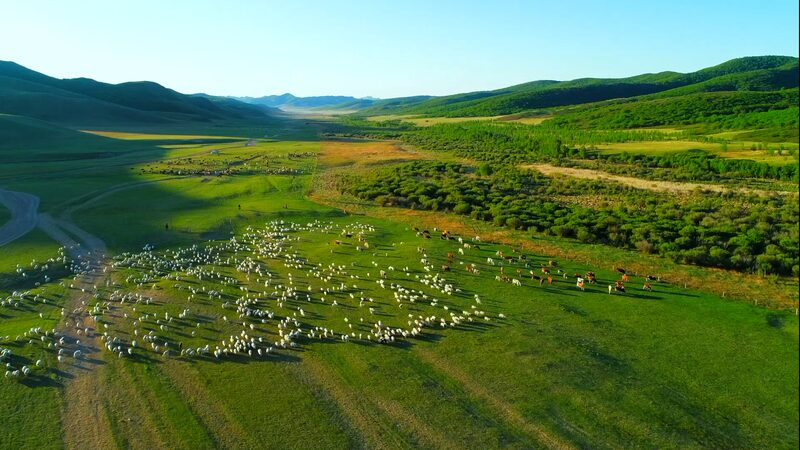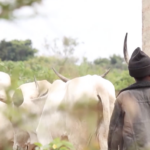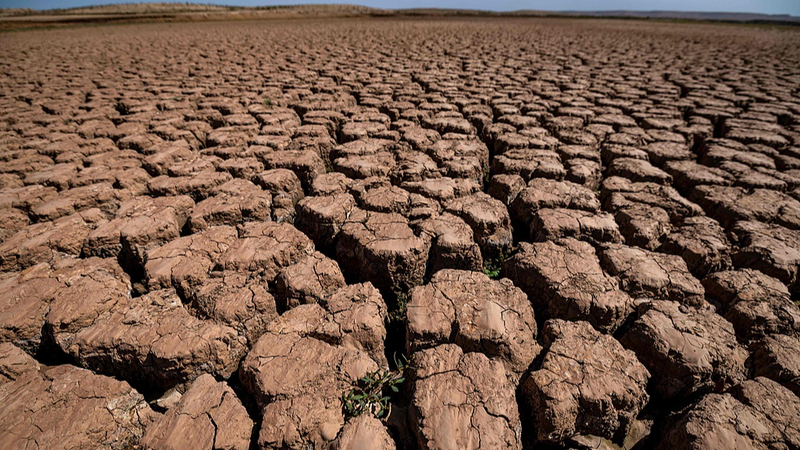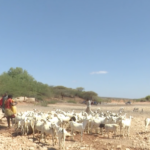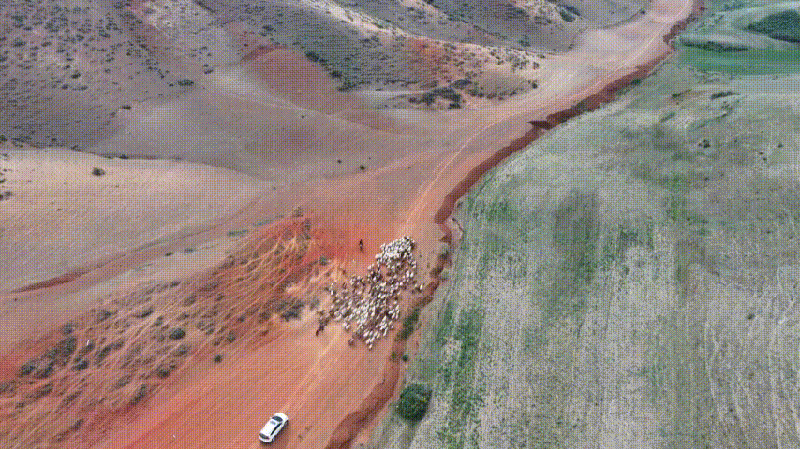An extreme winter disaster known as dzud – a lethal combo of heavy snow and drought – has wiped out over 7.1 million livestock in Mongolia this year, devastating nomadic herders and threatening a centuries-old way of life. 🐑❄️
The UN calls it climate change's 'silent tsunami,' with frozen pastures leaving animals starving. This represents 10% of Mongolia's total livestock – a critical blow for a country where 1 in 3 people rely on herding. Traditional gers (yurts) now face empty fields where herds once thrived.
Local herder Batzorig shared with us: 'My family lost 80% of our animals. This isn't just income – it's our identity.' Authorities report emergency fodder deliveries, but melting snow could bring flooding, complicating relief efforts. 🌊
Why does this matter globally? Mongolia's nomadic culture inspired everything from Genghis Khan memes 📱 to sustainable living trends. As climate patterns intensify, scientists warn such disasters could reshape food systems worldwide. 🌍🔬
Reference(s):
Heavy snows, drought kill over 7 million head of livestock in Mongolia
cgtn.com
